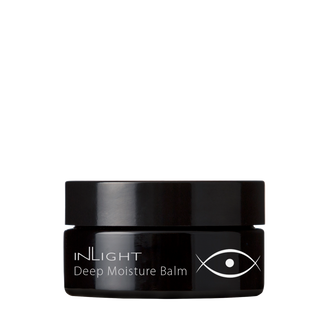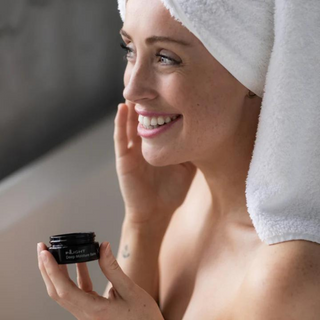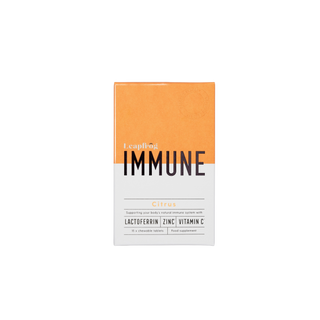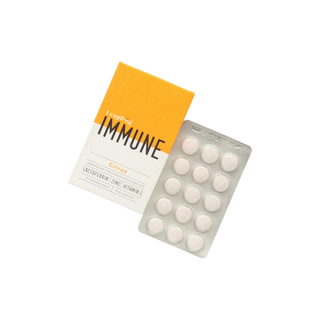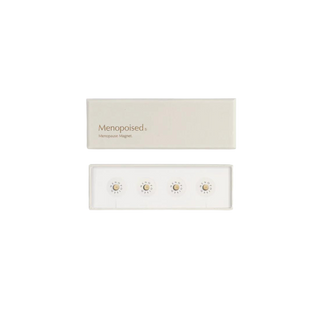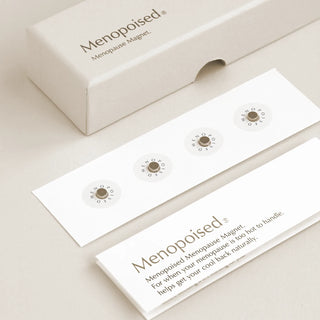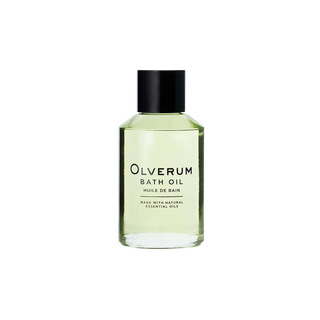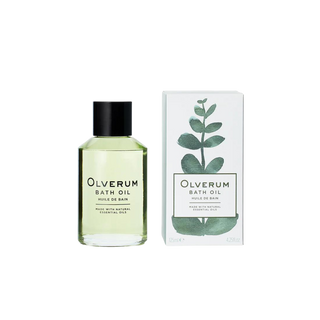Claire Coleman Asks Skincare Professionals For Their Views On This Perennial Post-Summer Problem
What Is Pigmentation?
‘Brown marks and uneven skin tone that seem to get worse post-summer are known as hyperpigmentation and are caused by an overproduction of melanin, the pigment that gives skin its colour,’ explains Alexis Granite, dermatologist at Mallucci London. ‘No matter how careful you are, almost all types of pigmentation will darken over the summer because of your inevitable increased exposure to UV. So, whether you have freckles, which tend to be lighter in colour and have a discrete boundary; solar lentigines (also known as age spots or sunspots), which tend to be darker than freckles; or melasma, a patchier form of pigmentation that usually covers broader areas and is often related to hormonal activity, they will all be a few shades darker when autumn rolls around.’
How Can You Treat Pigmentation?
‘Freckles and lentigines can usually be treated very effectively using lasers or chemical peels,’ says Alexis. ‘Melasma, however, is trickier to treat. I wouldn’t recommend using lasers, as while they may temporarily improve the condition, often it comes back worse than it was before. It’s one of the most unpredictable forms of pigmentation in that it can shift over time. Because of the role that hormones play, melasma often fades with the menopause – although that may be less likely if hormone levels are kept artificially high with HRT. There are a number of prescription solutions that work to tackle pigmentation. Oral tranexamic acid has been shown to be effective in treating melasma, and topical retinoids may be prescribed in a combination treatment with hydroquinone and a topical steroid. There has historically been some concern around hydroquinone actually causing discoloration with overuse, but with newer formulations this is quite rare. However, I would advise only using hydroquinone under the care of a professional and for limited periods of three to four months at a time.’
What Are The Different Types Of Pigmentation?
‘In autumn, everyone comes back with a lot of pigmentation – just because even the lightest stimulation of the melanocytes [the cells that produce melanin] through exposure to UV means that any underlying pigmentation pops up,’ explains Tarryn Warren, facialist at Bodyism. ‘It’s important to know what you’re dealing with, so my first question is always about whether it’s pigmentation that tends to go in the winter – freckles and pigmentation spots tend to fade and be less noticeable. If so, these can be treated with laser or peels, as they’re quite close to the surface and will break down easily. If a client is looking for a topical solution, simple ingredients that they can use at home, such as vitamin C and retinol, in combination with red LED light, can help the pigmentation to relax a bit and go back to pre-summer levels. Melasma is different – it’s deep dermal pigmentation and tends to cover a larger area. It can’t be treated with lasers or IPL, as you often end up stimulating further production of melanin, so peels are a better option. It’s also worth thinking about the inflammatory aspects of pigmentation. If someone’s body is prone to inflammation, things like coffee and acidity in their system will leave them more prone to pigmentation, so you have to look at taking a holistic approach that targets that acidity.’
What Products Can Help With Pigmentation?
‘Pigmentation issues, such as sunspots and age spots are very common, and are one of the top concerns for Wildsmith’s facial clients,’ says Kelly Partner, head of new product development at Wildsmith Skin. ‘We have been seeing a significant reduction in the appearance of pigmentation from using our Active Repair Copper Peptide Serum. The serum contains an extract from the prickly pear, which is rich in essential fatty acids, antioxidants, polyphenols and notably vitamin K. This vitamin has been recognised for its ability to lighten hyperpigmentation for a clearer, brighter, more even-looking complexion.’



